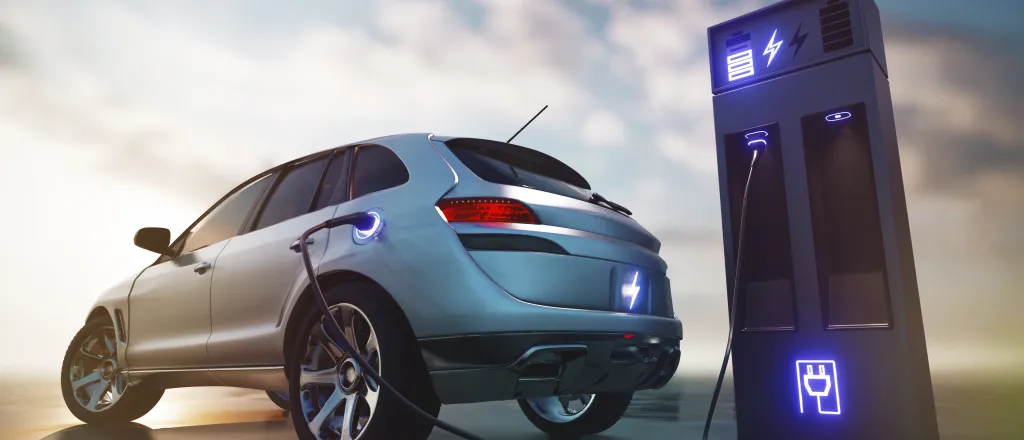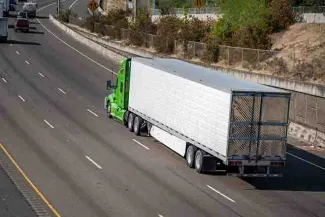
Bill introduced requiring human be present in automated vehicles
State Representative Sheila Lieder, D-Jefferson, introduced legislation this week that would require automated commercial motor vehicles have a human present in the vehicle while on the road.
This comes as some companies are racing to find a way to push moving commercial fleets to fully driverless trucks.
House Bill 1122 prohibits using an “automated driving system to drive a commercial motor vehicle unless an individual who holds a commercial driver's license is in the vehicle, monitors the vehicle's driving, and intervenes, if necessary, to avoid illegal or unsafe driving.”

© iStock - vitpho
The bill will be considered by the House Committee on Transportation, Housing and Local Government.
If passed, it would take effect 90 days after the final adjournment of the General Assembly. Violations of the law would result in ever-increasing fines.
Proponents of automated commercial vehicles argue that they are safer than those driven by humans.
“Driving is dangerous,” said Kodiak Robotics, who is breaking ground by introducing fully driverless trucks equipped with the Kodiak Driver automated driving system. “Every year, there are over 400,000 truck-related accidents on US highways. We believe that’s unacceptable.”
Supporters add that efficiency is another benefit of automated commercial vehicles, with one study predicting that a transition to automated commercial motor vehicles would result in a nearly 40 percent reduction in vehicle operating costs, “translating to savings of about 60 cents per mile for fleets.”
Just weeks ago, NVIDIA, Aurora, and Continental announced a partnership to deploy driverless trucks at scale by 2027.
It is unclear how legislation like House Bill 1122 would affect the rollout of these fleets nationwide. Colorado is not alone in this push though, with lawmakers in other states like California, Indiana, and New York all proposing similar bills.

















